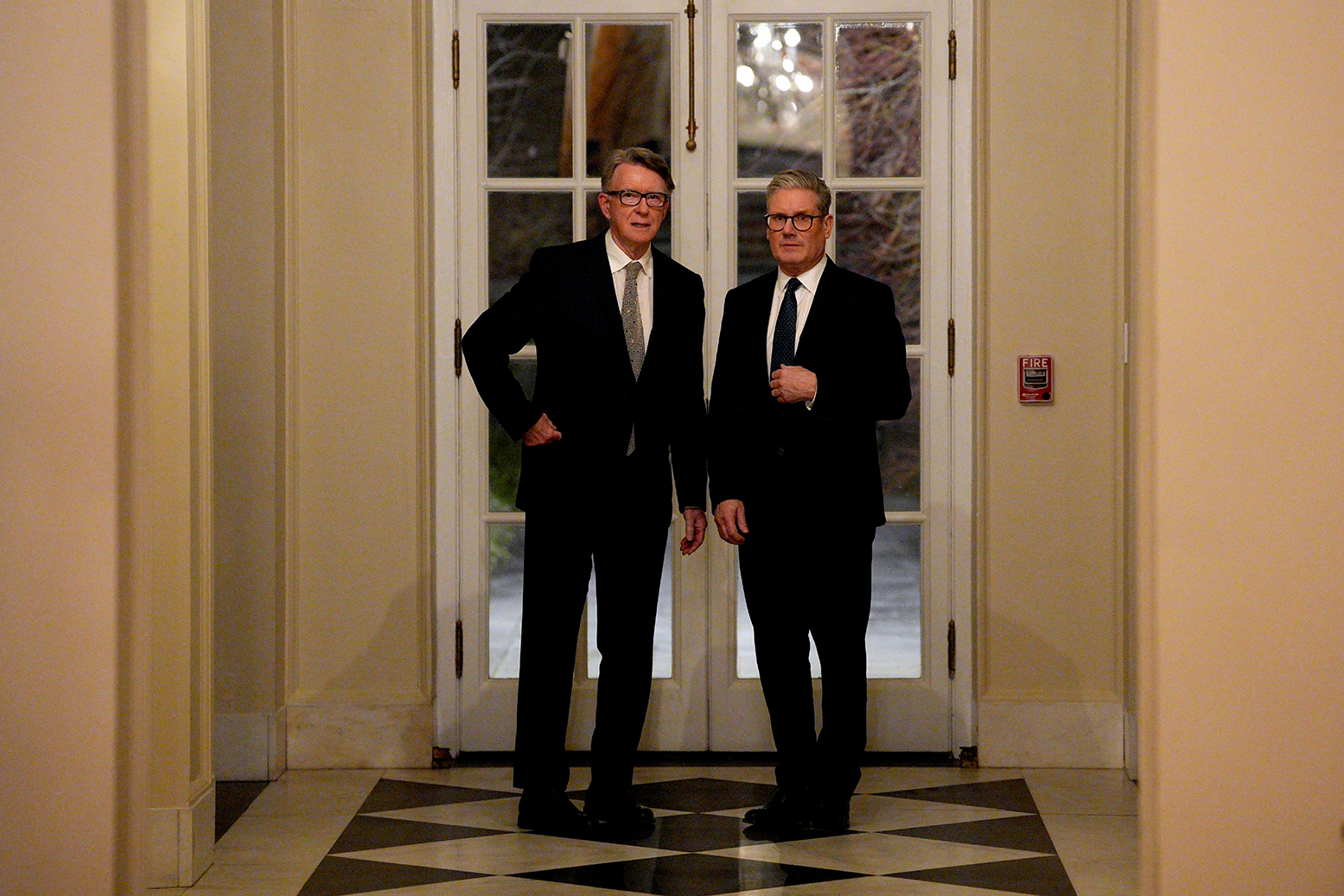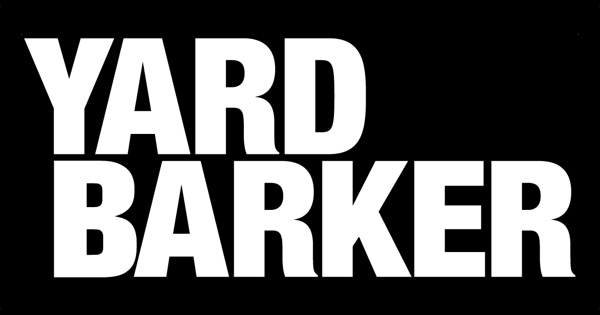Copyright newstatesman

The long tail of the former US ambassador Peter Mandelson’s friendship with Jeffrey Epstein is still wreaking havoc for the government. Mandelson left the post in mid-September, following the release of incriminating emails from 2003 in which he described Epstein as his “best pal”. This followed an unfortunate PMQs in which Keir Starmer said he had “confidence” in his US ambassador. Twenty-four hours later, Mandelson was gone. Today, the two most senior civil servants involved in the overseeing of Mandelson’s appointment appeared before the Foreign Affairs Select Committee; the cabinet secretary, Chris Wormald and the Foreign Office’s permanent under-secretary, Oliver Robbins. They were quizzed by MPs – led by chair Emily Thornberry – on the vetting process used to approve Mandelson’s appointment, and who knew what and when once these new allegations had emerged. Here are three things we learnt from their evidence: 1. Mandelson didn’t resign. He was sacked. After incriminating new details relating to the nature of Mandelson’s relationship with Epstein emerged, he was sacked as US ambassador (or, as his line manager Robbins described it, “withdrawn”). This is the first time Mandelson has been pushed out of a government role, rather than falling on his own sword and resigning. His previous scandal-ridden government departures (first as business secretary in 1998 and later as Northern Ireland secretary in 2001) both resulted in Mandelson’s resignation. But this time, it was different. “He did not resign, he was withdrawn from post,” Robbins told MPs. “So, he was sacked?” asked John Whittingdale. “He was withdrawn.” 2. Despite this, the so-called “Prince of Darkness” may still have been given a payout. Despite confirming that Mandelson is no longer on the civil service pay roll following his sacking, Robbins was uncomfortable when asked whether he had been given a payout. When Whittingdale asked whether Mandelson was given a severance payment following his sacking, Robbins said: “We have dealt with him as I hope you would expect in accordance with his contract.” He was obviously pressed on this by Whittingdale: “I’m not at liberty to say whether a settlement was made in this case,” Robbins added. Wormald was equally prickly. Both mandarins repeatedly asserted that Mandelson was treated throughout the entire process as a civil service employee. “Although this is a high-profile individual, he is also an employee, and he has all the rights of an employee,” Wormald said. 3. Mandelson wasn’t interviewed for the role, so he was never asked directly about his friendship with Epstein. Under normal circumstances, any potential candidate for such a high-profile government role would be interviewed by a panel of officials, during which they would be asked whether there was anything in their history that could bring the government into disrepute. Not Mandelson. As he was a direct appointment by the PM, there was no panel. While he was asked to fill in a conflict-of-interest form, questions about his relationship with Epstein – information about which, MPs pointed out, was readily available online at the time of his appointment – were not put to him. Wormald was keen to mention, however, that Mandelson’s relationship with Epstein did come up during due diligence checks conducted by the Cabinet Office, although the information that eventually led to Mandelson’s sacking was not available at the time. Some MPs were not very impressed with answer. Uma Kumaran asked why it was never flagged that a “friendship with the world’s most notorious paedophile might be a threat to the government?” It’s a fair point. [Further reading: Peter Mandelson is more dangerous than ever]



